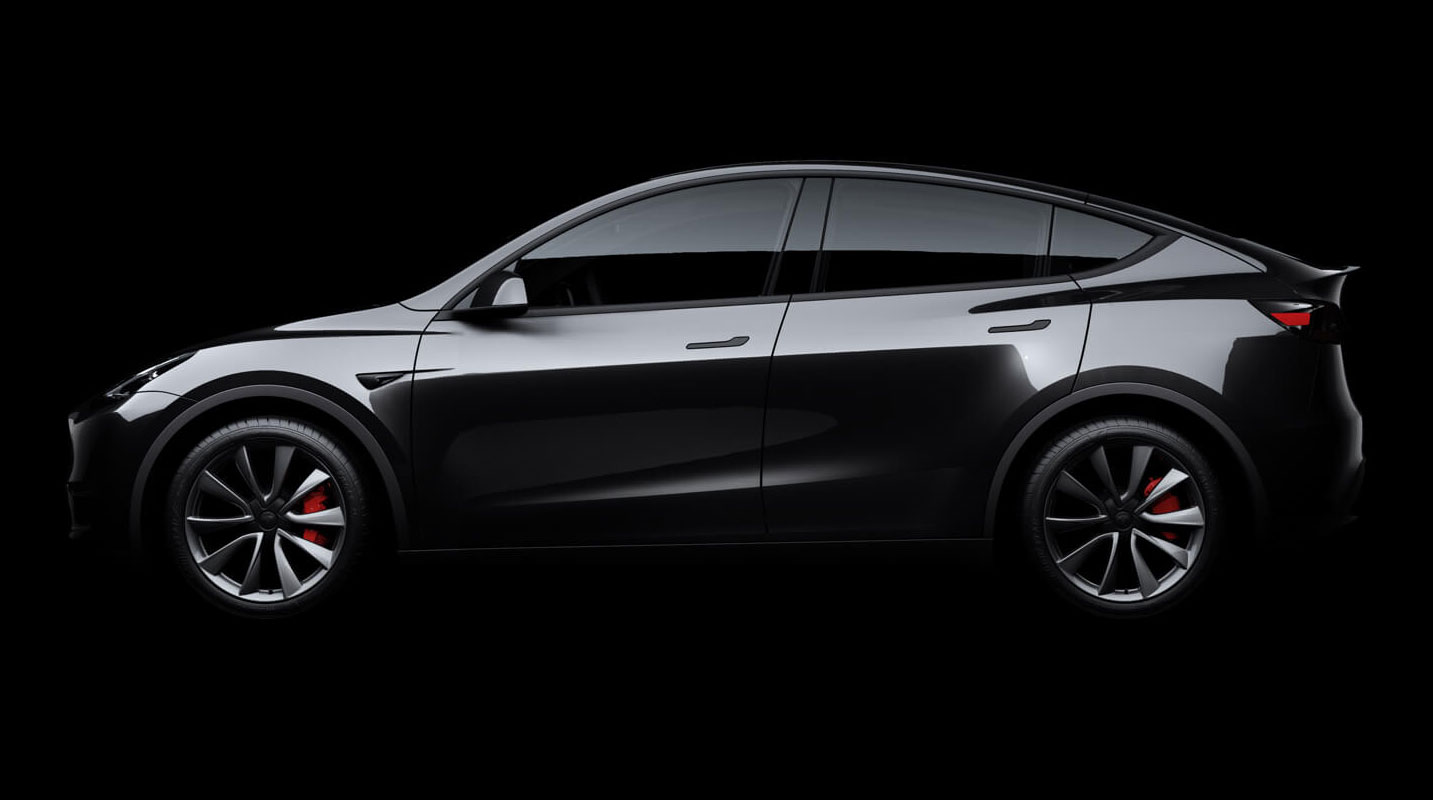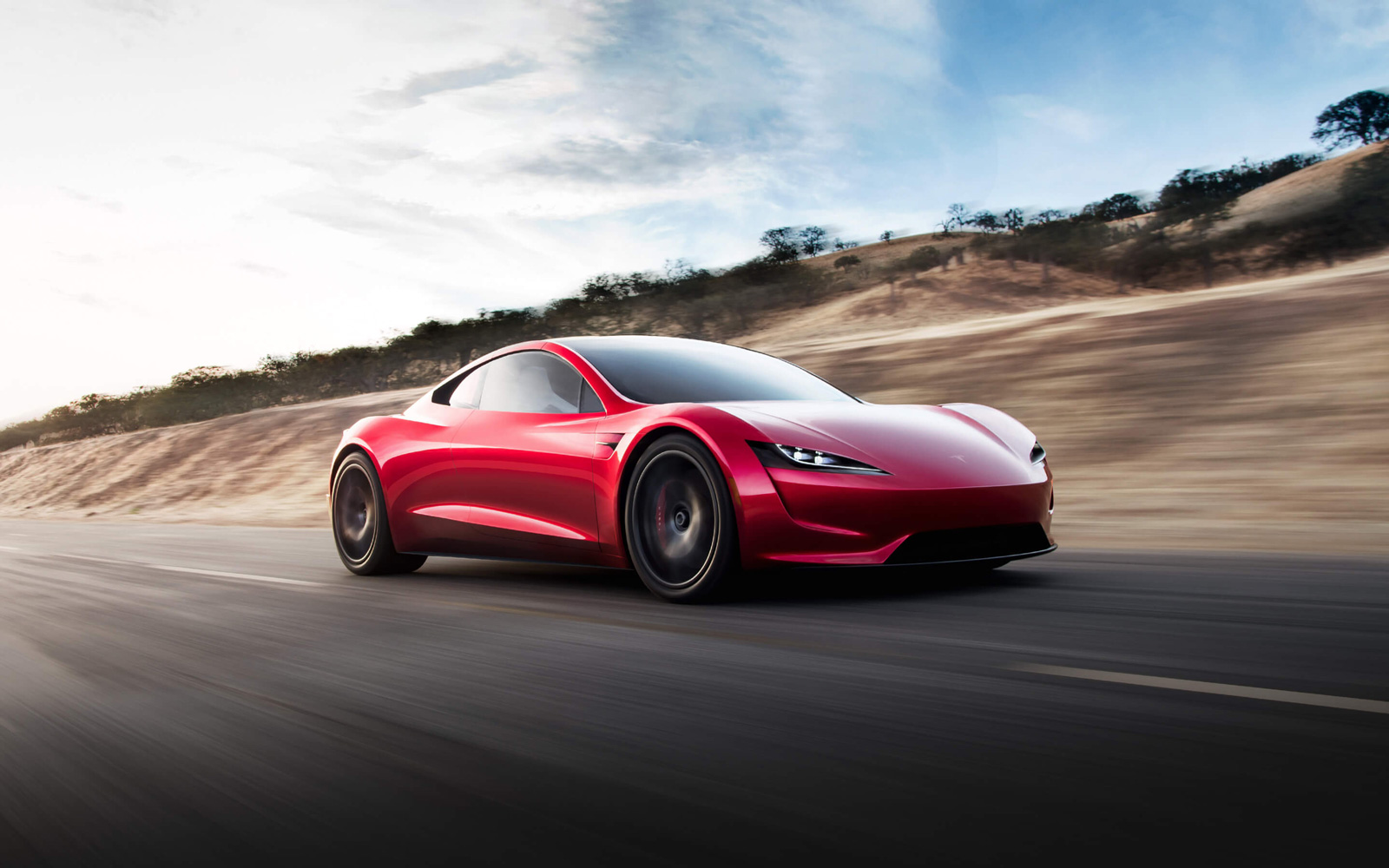
The Tipping Point is Behind us Now, It’s only a question of When EV’s Market Share will Overtake ICE
The most talked about car in 2019 has been Tesla’s Model 3, an electric vehicle from Tesla that is sleek, modern looking, and highly desirable. In Tesla’s latest quarter alone, the company has sold nearly 80,000 Model 3s, sustaining it as the most popular EV on the market.
This is not Tesla’s only achievement for the year. The company’s Cybertruck and Semi have received copious attention; its Model X and Model S continue to be popular; and consumers are eagerly awaiting 2020’s releases of the Model Y and Roadster. It’s been a long time coming, but thanks to Tesla, EVs are growing market share at an extremely rapid pace.
Other car manufacturers, even ones that have been stubbornly committed to ICE vehicles, have had to accept that the tide is turning. Naturally, many of these companies do not want Tesla to have a monopoly on EVs, and they want to have their own stake in the market before it’s too late. For that reason they appear to have capitulated and there is now a large and public shift towards the EV market.
Car companies from General Motors to Ford to Mercedes to VolksWagen and more are now hopping aboard the EV train, announcing new full electric models aimed at competing with Tesla in the upcoming year.
In addition, longer term multi-billion dollar investments to fund an infrastucture and development shift toward sustainable and EV systems have been announced. There has been some scepticism that these are more of a PR effort, with possible changes at anytime, likely due to the extremely poor efforts of the last 25 years, and even the perception that they were trying to intentionally “fail” with EVs just to postpne any meaningful transition away from fossil fuel based transportation.
While the oncoming change in car-culture may be attributed more to Tesla’s sexy, ulta-modern designs than it is to environmentalism, the widespread transition towards electric vehicles is still an enormous win for the battle against climate change.
Transportation is the top CO2 buring category and automobiles are the largest contributors to carbon emission from transport across the globe. The systemic reliance on gasoline makes cars even more environmentally harmful, as their very fuel comes from big oil companies that drill the earth without much regard for balanced ecosystems.
Finally, there has been a Major Shift in Thinking in the Auto Industry
In just the past year, however, we have seen a noticeable increase in the number of charging stations for EVs, and certain governments have started cracking down on vehicle-related greenhouse gas emissions. These changes in infrastructure and politics reflect evolutions in consumer behavior—evolutions that bode well for our planet.
Between the VolksWagen ID.4, Ford Mustang EV, Mercedes ESQ, and all the upcoming Tesla models, there are about to be a whole lot more electric cars on the market, which will (hopefully) create healthy competition.
There remians skepticism in the automobile industry, implying that this could, indeed be some sort of elaborate head fake. In response to General Motor’s recent announcement to invest $2.3 billion in an EV battery factory, for example, Toyota Executive Bob Carter warned of an “electrified armageddon” for the industry. Indeed, despite EVs recent surge in popularity, gasoline-powered cars continue to dominate the streets. To invest so much in EVs at this point is a bold, somewhat presumptuous move for all of the companies, and they run the risk of overshooting consumer demand.
There is Still only one EV Company that Stands Above in Every Way
And the Toyota response while both tone deaf and likely misguided, is not wrong in the sense that a worldwide shift away from a fossil fuel based economic system will certainly lead to hardship and immense challenges and a long time. The problem with trying to wish away that fact is that, by extending the intentional sate of denial that has persisted for over a half century, things will only be worse when the inevitible and necessary changes finally come.
This exposes the brilliance of Tesla’s approach of starting with high end luxury vehicles, spurring demand and desire and then building downmarket into more afforable vehicles as economies of scale begin to kick in. And, even more prescient is Tesla’s stated mission “to accelerate the world’s transition to sustainable energy” which removes any ambiguity or hesitation and signals a 100% clear commitment to the most important goal a transportation and energycompany can have.
Nevertheless, while this “plays” as an example of corporations displaying a logical reaction to the market for the benefit of the environment, it could, in actuality, more likely be an example of corporations playing the market to make money as per usual. The less cynical among us must hope, nevertheless that this is truly at least partially an ecological conscious choice that happens to transparently project an immediate economic benefit. If these companies are correct, and EVs do ultimately lead the car market, then it will not just satisfy the executive’s bottom line, but it will also help make the planet a cleaner and safer place.
Find books on Big Tech, Sustainable Energy, Economics and many other topics at our sister site: Cherrybooks on Bookshop.org
